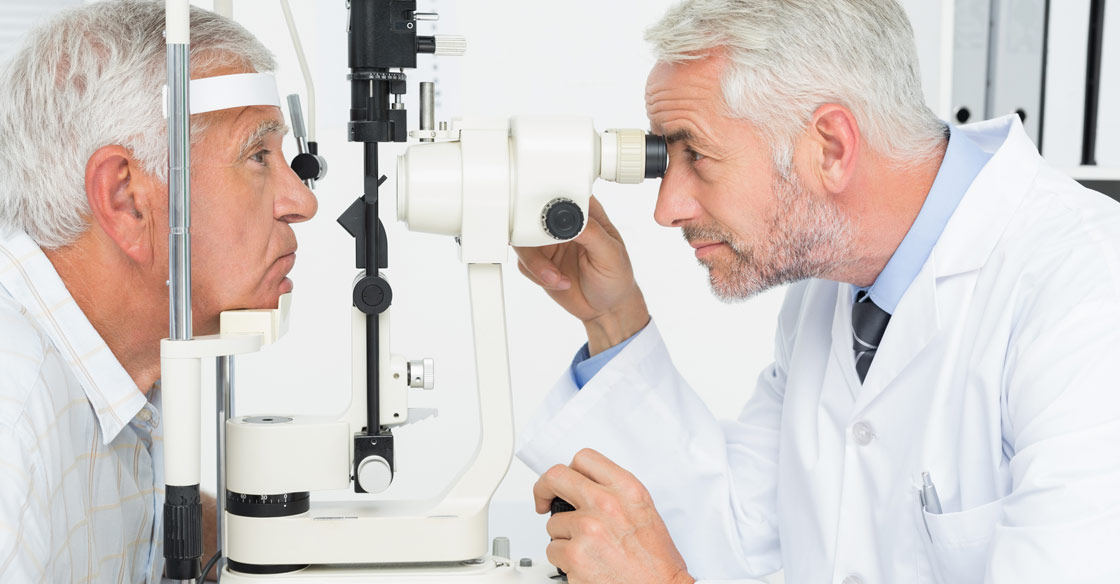Complete Vision Guide: Importance of Senior Eye Care

The Importance of Senior Health Care
Proper eye care is essential at any age, especially in the senior population. As you grow older, you might experience changes in your vision that require professional evaluation. However, some eye problems associated with age can remain unnoticed until eyesight becomes significantly impaired.
In addition to ensuring a healthy vision, an eye exam can help identifying warning signs of other health conditions, such as high cholesterol and diabetes. Doctors recommend a regular check-up routine in people over 65 years of age to assure general health and proper senior eye care.
According to the National Eye Institute, 40 million Americans over 65 years of age are visually impaired. As people age, they are at higher risk for certain eye conditions, such as cataract and glaucoma. Common eye problems of the elderly include:
Cataracts
Cataracts are one of the most common eye diseases issues associated with aging and the leading cause of blindness worldwide. Moreover, more than half of all Americans over 80 years of age either have a cataract or have had cataract surgery. A cataract is a clouding of the lens in the eye that usually develops slowly over the years. Furthermore, it causes blurry vision and sensitivity to light. The only treatment that provides a cure for cataracts is surgery. The surgery consists of removing the cloudy lens and replacing it with a clear implant. Cataract surgery is easy, low-risk, usually taking about 30 minutes. In most cases, the person can go home the same day.
Age-related Macular Degeneration
This disease affects the center area of the retina, which allows you to see fine details and colors. As the disease progresses, your central vision becomes washed out and you might experience difficulty reading or watching television. Age-related macular degeneration is the leading cause of vision loss among the elderly. Proper senior eye care can assist in early detection and treatment.
Glaucoma
A glaucoma is a group of eye diseases that damage the optic nerve and lead to irreversible loss of vision. It occurs when the pressure in the eye increases to unhealthy levels. Glaucoma has been called, “the silent thief of sight” because vision loss usually occurs slowly over the years and may not be noticed until too much damage is already done. A complete senior eye care examination including measurement of eye pressure helps to detect the disease in its early stages.
Presbyopia
Presbyopia is a common senior eye health issue, in which the lens of the eye becomes less flexible and unable to thicken. This leads to difficulty reading or focusing on nearby items.
Dry Eye
Seniors are more prone to experience dryness due to the depletion of mucous cells in the eye. In turn, the eye can’t produce tears properly to lubricate its surface. Moreover, people with dry eyes may experience symptoms like blurred vision, irritation, or the feeling that something is in the eye.
When to Schedule Your Senior Eye Care Exam
An annual eye exam is recommended to keep your eyewear prescription up to date and detect eye disorders that can impair your quality of life. Senior eye care is important, especially if there is a family history of these eye conditions.
Make sure you’re receiving regular senior eye care to prevent and treat any conditions. If you haven’t done a check-up in the past year, don’t forget to schedule an optometrist appointment to be on the road to healthy vision.
